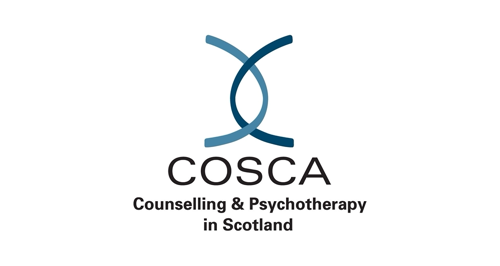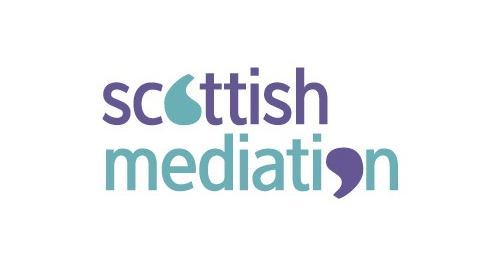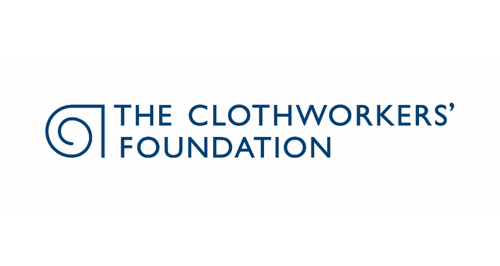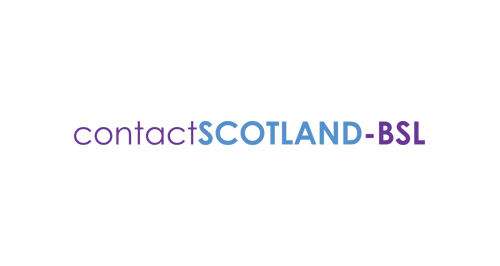Children's Contact Centres
Going to a Child Contact Centre
Supporting family contact, providing space to meet
Children's Contact Centres are similar to a nursery/after school care setting in that they are safe, child friendly, staffed and neutral places. There are certain rules that apply which all focus on the children who use the centres, and are for their benefit. The difference is that children's contact centres are places where children can come visit, and spend time with a parent or any other family member (for example siblings, grandparents) where there are difficulties with maintaining or building these relationships without support.
Why Do We Need Children's Contact Centres
As long as it is safe, children benefit from having as many loving and supportive family relationships as possible and especially their parents. Some parents can find it very difficult to agree how their children should share their time between them. There may be many reasons for this. Parents can have real difficulty trusting each other, communicating and agreeing arrangements and conflict can be high. In some cases there may be risks concerning the welfare of the children, which means it is easier, better or safer to start seeing children in a centre in the first instance, where there is staff on hand and a number of rules apply which are all focused on keeping everyone safe and away from conflict.
Our Centres are in Dundee, Arbroath, Perth, Glenrothes and Kirckaldy. All are open on Saturdays, and the Dundee and Glenrothes Centres can offer visits during the week, also.
What Types of Appointments Are There
Supported Hand-Over
These short appointments are about parents managing the handover of their child through our staff, at our premises without having to see each other. The centre serves as a drop off/collection point, with staff helping only with taking the child from one parent to the other. The child is then free to go with the parent, as agreed between parties. We can provide an attendance record if it is requested. There is a fee for this.
(Non-supervised) Supported Contact
This type of sessions take place in our centre. The child comes to the centre to spend time with their parent/family member, playing, watching movies, reading stories, colouring in, having a snack – all the ‘normal’ things you do. Staff do not observe this type of sessions but they are on hand to help the child or the parent, if needed. Sessions tend to be around 1 – 2 hours at a time but can be shorter or longer if needed and appropriate for the child’s age, but during the pandemic appointments can be shorter, at our discretion. We can provide an attendance record if it is requested. There is a fee for this.
Supervised Contact
The only (big) difference here is that these appointments take place in the constant presence of a trained member of staff who observes interactions between the parent/family member and the child. Often, these appointments are court ordered due to a variety of reasons. Because of this, courts routinely ask us to write a report, which includes factual, objective statements about the sessions as observed by the supervisors over a number of sessions. The report may include other important information crucially affecting contact, for example any incidents, or health and safety or child welfare concerns arisen. This service can be also offered online, subject to our assessment, as always.
Digital Postbox
Where face to face or online sessions can't, or can't yet be arranged between the child and the parent/family member directly, we offer a service to enable some monitored communication between the parents/caregivers, about the child. This can be photos, videos or simple text messages exchanged via our Service.
How Long Does the Referral Take
The process is dependent on things such as parents’ availability and cooperation, the judicial process (if courts and/or solicitors are involved) and availability of a place. The pandemic has also limited the number of families we can safely accommodate in our Centres at any given time. Because of these factors there is no set timeframes for the process, from first getting in touch with us to the first contact session taking place.
What Age Do Children Have to be to Use a Centre
There is no age limit at child contact centres. While many children are younger, we have games and facilities in most centres that can cater for older children and young people, if there is a need for them to use the centre.
One-to-one Support
Our family support worker can help with issues impacting on contact. These difficulties can be around parenting, mental health support, child welfare concerns, domestic abuse, social welfare, lack of trust between parents or any other matter that is in the way of building a positive relationship between the parent and the child, and/or establishing a cooperative relationship with the other parent. Their work also includes discussing with you the possibility of mediation if appropriate and mutually agreed, to enable you to negotiate a mutually acceptable way forward with the other parent and move away from the centre. You can only access support from the family support worker if you are using the child contact centres.
Is it Confidential
Yes it is, under the same terms as any other part of our service. This means that generally, we will not provide any information about your engagement with us to any third party, without your explicit knowledge and consent (exclusions apply). At your initial intake appointment, we share information with you about the provision of supervised contact reports, and attendance records for supported sessions and handovers. You are asked to consent to the relevant processes, then.





